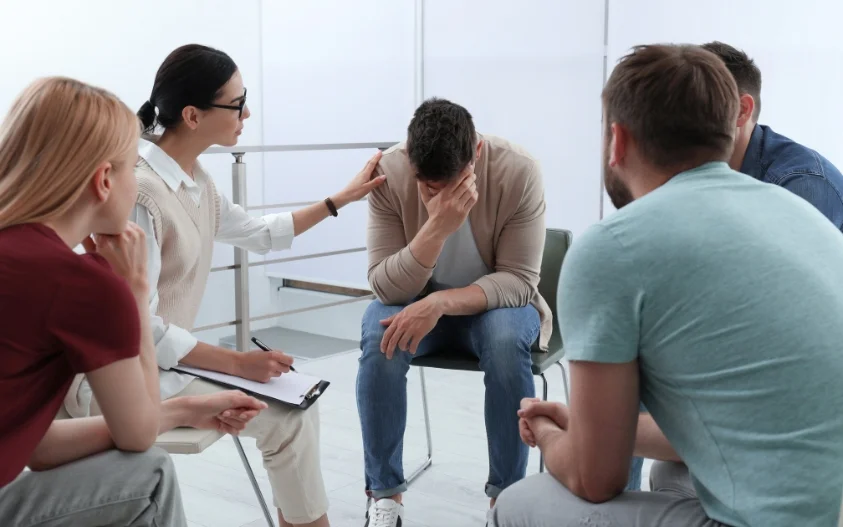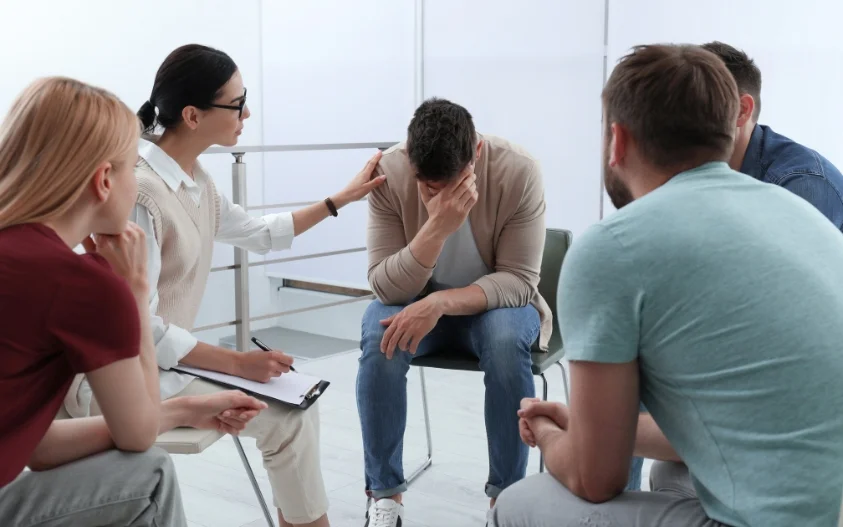24/7 Helpline:
(866) 899-221924/7 Helpline:
(866) 899-2219
Learn more about Prescription drug Rehab centers in Person County

Other Insurance Options

Magellan Health

Health Partners

State Farm

Kaiser Permanente

Multiplan

MHNNet Behavioral Health

Meritain

Access to Recovery (ATR) Voucher

WellCare Health Plans

Optima

BlueCross

BlueShield

Molina Healthcare

American Behavioral

WellPoint

BHS | Behavioral Health Systems

Group Health Incorporated

Evernorth

Cigna

GEHA

Freedom House Recovery Center
Freedom House Recovery Center - South Madison Boulevard offers outpatient treatment for individuals ...








































Life Changes
Life Changes offers a variety of programs including EAP Services, DWI Assessments & Treatment, and S...




















